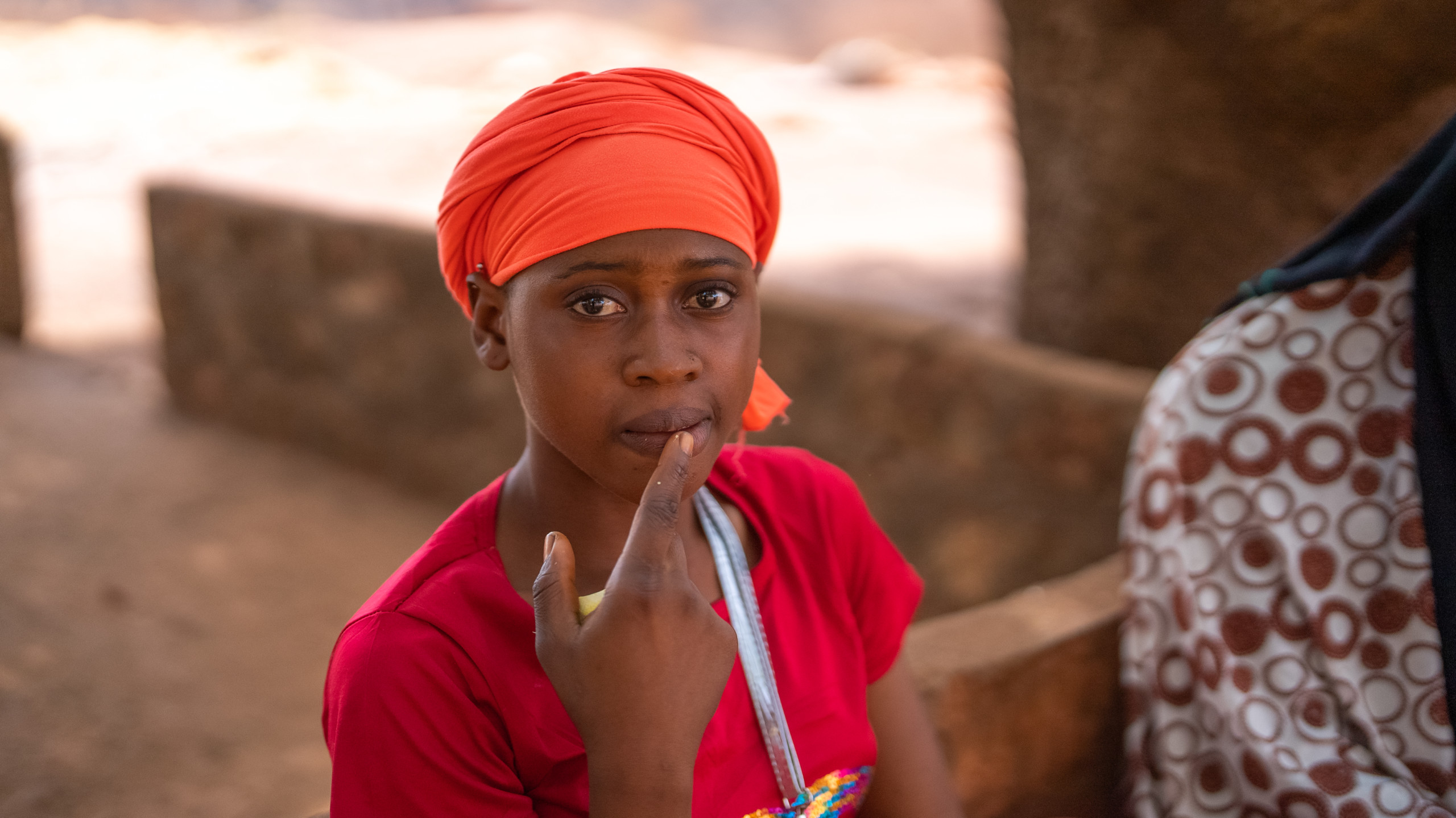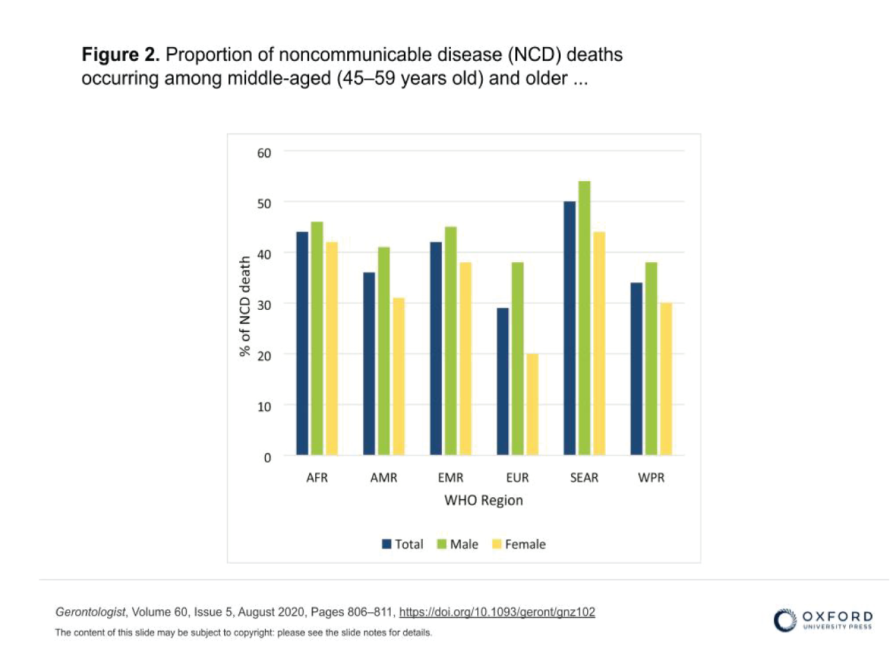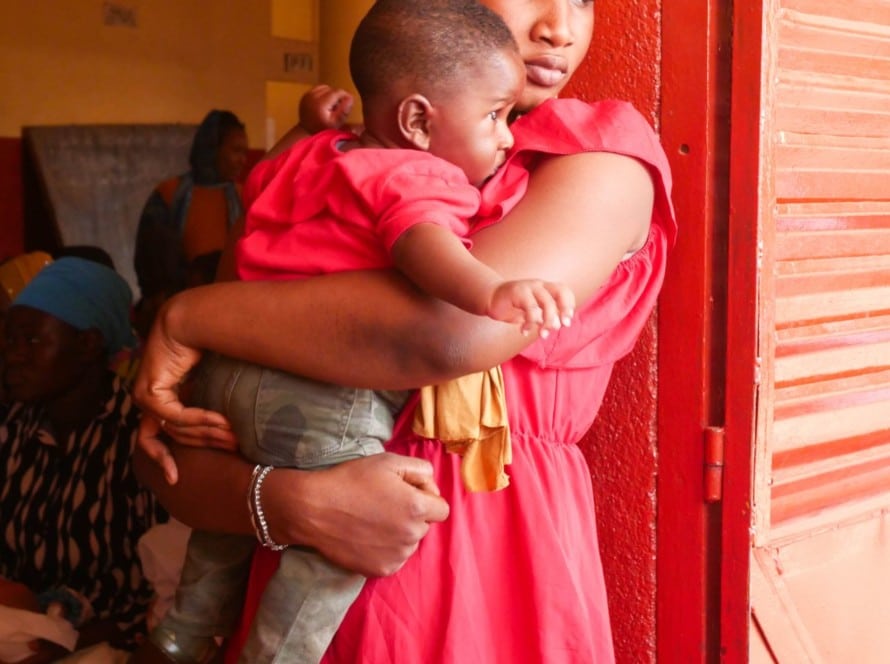On February 14, the women’s sexual health awareness app developed by the NGO Women Environmental Programme (WEP) was banned in Niger[1]. The app, named Yamaro, aimed to provide Nigerien women with crucial information on their reproductive health[2]. However, the authorities prefered it removed, as it had not received the necessary government authorizations[3]. While an ambitious educational reform aimed at impacting social and family mores and culture had previously been undertaken[4], this news comes as a sudden blow to this initiative, which we believe to be relevant. Facing this decision, a number of questions arise: what sociocultural and political influences motivated this decree? What additional challenges does it pose for raising awareness among women and girls in Niger society? Does civil society have alternatives for raising women’s awareness despite the legislative and political obstacles, and what risks does this entail? Finally, what might be the implications in sub-regional countries such as Guinea and Senegal, where similar situations of traditionalism are present? Far from providing an exhaustive analysis, this article will deal with these key issues, exploring avenues for further reflection.
- Socio-cultural and political influences driving censorship
Socio-cultural prejudices surrounding sexuality and reproduction, such as the shame associated with discussing these subjects or beliefs that women’s sexuality is immoral, can lead to stigmatization – which can influence health policies and limit the inclusion of awareness programs in national priorities. Added to these are traditional norms concerning gender roles, influencing health policies by dictating social expectations of masculine and feminine behavior. As a result, Nigerien women may not be inclined to make autonomous decisions about their sexual and reproductive health (such as family planning and family size)[5]. In Niger, as in many West African societies, there are cultural and religious taboos and restrictions surrounding sexuality and reproduction. Access to accurate and objective information on sexual and reproductive health is therefore difficult, contributing to a general lack of awareness and knowledge in this crucial area[6].
In such a context, even if an unspoken demand exists and there is a pressing need for information, self-censorship often becomes the norm for Nigerien women, who fear the social or religious repercussions of expressing themselves openly on such sensitive subjects. Although this restriction may be perceived as a personal decision, it is often validated by prevailing social norms, which unfortunately maintain silence around these issues and the exclusion/rejection of those who express different opinions.
- The demographic problem, infectious diseases and access to healthcare: the challenges of raising awareness of sexual and reproductive health
Niger’s rapid demographic growth, characterized by an extremely high fertility rate, presents a major challenge to community well-being. With an average of 6.82 births per woman[7], this situation puts considerable pressure on the country’s limited resources and requires robust infrastructures to meet the population’s basic needs.
Added to these frenzied births are the risks of health complications for pregnant women, leading to a high proportion of maternal deaths. Contraception, for example, is rarely used, which contributes to the spread of infectious diseases – notably sexually transmitted infections (STIs) and genital infections (vaginosis, mycosis, urinary tract infections). In Niger, diseases such as gonorrhea, syphilis and HIV/AIDS can be transmitted due to limited or ineffective use of contraceptive methods, as well as a lack of awareness of safe sex practices[8]. Despite progress, only 9% of rural women use modern contraceptive methods, compared with 24% in urban areas[9].
Menstruation is often surrounded by taboos and superstitions. For fear of being seen as impure because of their periods, or of being a “stain” on the community, young girls are reluctant to talk about them, or to ask questions of their elders. According to a UNICEF study in 2020, only 30% of young girls had heard of menstruation before they had it[10]. This stigma can lead to a lack of education about menstrual health, and delays in the diagnosis and treatment of menstrual-related health problems. In addition, traditional practices such as female genital mutilation and early marriage continue to threaten women’s sexual and reproductive health. Lack of accurate information on these issues can lead to risky behavior, such as early abortion; and barriers such as distance[11], cost and lack of awareness hamper access to quality care.
All these factors directly affect their mental health. The impact is devastating on women’s role in society, hindering their ability to work, care for their families and participate actively in community life. Often exposed to traumatic experiences such as domestic violence and armed conflict, these women are likely to suffer from post-traumatic stress, depression and anxiety, creating a cycle of violence and trauma[12].
The banning of the Yamaro app is regrettable, as it would have enabled easy access to safe health information and the rapid location of health centers offering these services. By guaranteeing confidentiality and autonomy, Yamaro would have encouraged women to make informed decisions about their health, while its tracking and reminder features would have encouraged regular use of contraceptive methods. Moreover, by enabling information to be shared within the community, it would have helped to break down taboos and encourage open discussion on reproductive health. It is therefore crucial for civil society to find alternatives to fill the void left by yet another failed initiative.
- An active civil society: seeking solutions and alternatives despite these challenges
In order to continue raising awareness of sexual and reproductive health issues among women and girls, there are a number of alternatives available to local health workers and professionals, and to the non-governmental organizations that have made this concern their battleground.
- The power of social influence lies in peer education. Forming groups of young women in the community, both rural and urban, can convey important messages – not least by calling on the famous matrons[13]. This reinforces listening places by women and for women. Rather than holding openly public events, organizations could opt for more discreet awareness-raising sessions, such as small group meetings or individual consultations,
- Collaborating with community leaders, local healthcare providers or educational institutions would help disseminate information more safely and effectively. These partnerships offer direct access to target populations and reinforce the legitimacy of awareness-raising initiatives.
- Playing on the diversity of information media, using creativity by innovating on the form of learning (songs, films, comic strips or plays) would enable better identification with the characters and their experiences, and an accessible understanding of sometimes complex subjects (such as the stakes of a caesarean delivery, the mental repercussions of excision through women’s testimonies).
Including men in this awareness-raising effort is a key factor in achieving long-term behavioral and societal change. A survey carried out in 2007 by UNFPA/Niger identified male domination and attitudes as one of the biggest obstacles preventing women from benefiting from reproductive health care. Organizing talks and debates with men to break down taboos is essential (the “husbands’ school” concept in the Zinder region bears witness to this)[14]. However, given society’s configuration, this initiative requires the support of official authorities, traditional and religious leaders. It is the government’s responsibility to listen to the needs of its population, and it would benefit from working with NGOs to make progress on these public and societal issues, given what is at stake.
- The regional implications of such information control and the importance of inclusive awareness-raising
The authorities’ decision to ban the Yamaro app is a legitimate cause for concern, as it raises significant worries about individual freedoms and access to information.
In these contexts, censorship of educational and informative tools on sexual health can have serious consequences, notably by restricting women’s autonomy in making decisions about their own health and bodies.
Advocacy and awareness-raising efforts are essential to promote an inclusive approach that respects human rights and knowledge. The use of ICTs could extend the reach of awareness-raising initiatives, while the protection of women’s rights defenders is important.
The Nigerien government has both the duty and the power to guarantee universal access to quality reproductive health services, particularly for the most vulnerable populations. It could therefore invest both financially and logistically to best assist the work of humanitarians and professionals in this field. This would give legitimacy and credibility to initiatives promoting sexual and reproductive health, and enable us to reach as many people as possible.
Women’s mental and reproductive health deserves a prominent place in societal dialogue.
[1] On July 26, 2023, the head of Niger’s presidential guard since 2011 overthrew elected president Mohamed Bazoum. The new authorities justified their seizure of power by citing the “deteriorating security situation” in Niger. Like their neighbors in the Central Sahel (Mali and Burkina Faso, also under military rule), they pointed to the jihadist threat facing the country. Niger is threatened by Boko Haram in the Diffa region (south) and by armed groups affiliated to al-Qaeda and the Islamic State in the Tillabéri and Tahoua regions (west).
Vircoulon, Thierry. « Niger : le putsch de trop », The Conversation, August 21, 2023
[2] Jeune Afrique via the AFP. «Au Niger, la junte bannit une application sur la santé sexuelle des femmes», February 15, 2024
[3] Whether from the Ministry of Health or the Ministry of Education, according to Mr. Raliou.
Jeune Afrique via the AFP. «Au Niger, la junte bannit une application sur la santé sexuelle des femmes», February 15, 2024
[4] Legge-Bourke, Eleanor. « Il nous faut parler de stratégie », une conversation inédite avec Mohamed Bazoum, président du Niger séquestré par la junte. Le Grand Continent, August 14, 2023
[5] UNICEF. Analyse rapide de genre. November 2021
[6] Studio Kalangou. « Education sexuelle des jeunes – au rythme du Niger ». May 4, 2020
[7] Calimoutou, Emelyne. « Comment les nouvelles lois protègent les femmes et les filles, et font évoluer les mentalités au Niger », Banque Mondiale, January 26, 2022
[8] Guengant, Jean-Pierre et Maga, Hamidou Issaka. Bilan des d’activités de planification familiale au Niger depuis les années 1990; chapters « Connaissances et attitudes vis-à-vis du VIH/Sida » et « VIH/sida et excision : des progrès certains ». Panthéon Sorbonne, March 2017
[9] UNICEF. Analyse rapide de genre. November 2021
[10] Kropf, Philippe. « Les femmes du monde ont leurs règles ». UNICEF, April 13, 2022
[11] Some women and girls are geographically isolated, with no easy access to health or emergency services – as is the case in the Diffa, Tillabéri and Tahoua regions. ASKAAN. « Insecurity at the expense of health ». February 6, 2024
[12] According to the WHO, some 66 million women in Africa suffer from depression and anxiety disorders, and 85% of them have no access to treatment. African Media Agency. « Femmes et santé mentale en Afrique : Dans le cadre de son programme signature Heal By Hair, la Bluemind Foundation dévoile un rapport d’études croisées entre les femmes africaines et leurs coiffeuses ». November 23, 2021
[13] Matrons (or midwives) are women who assist in childbirth, and are generally well known and respected in the community. Frédie, la vie au Niger. « Formation des matrones ».
[14] UNFPA. “Une école des maris encourage les Nigériens améliorer la santé de leur famille”. April 20, 2011




